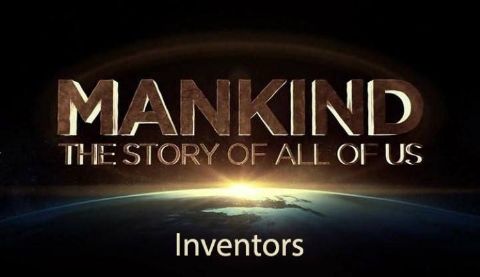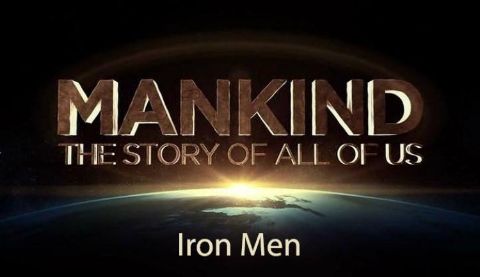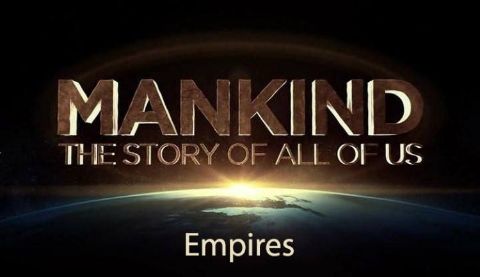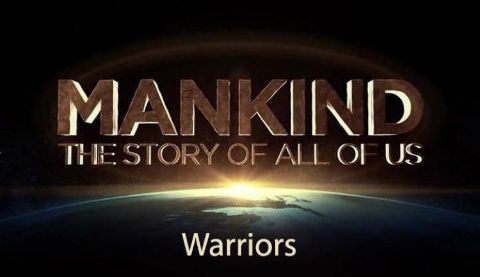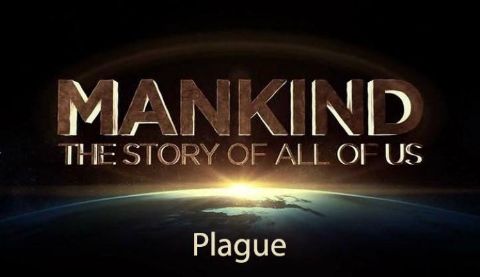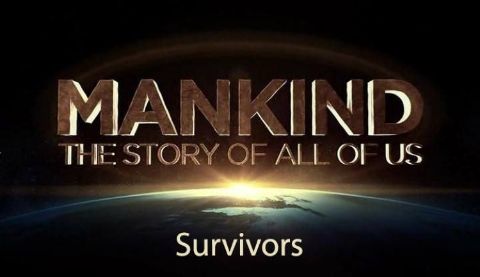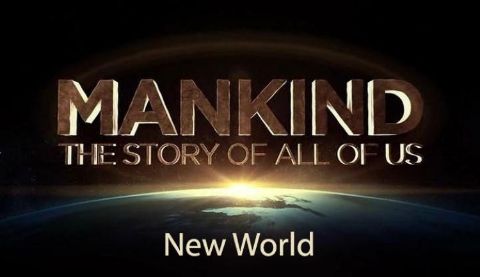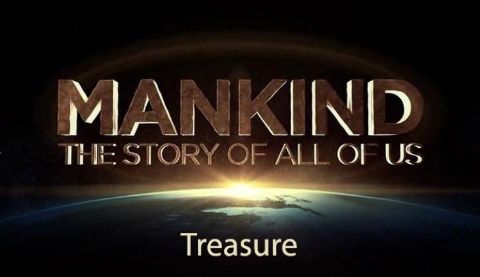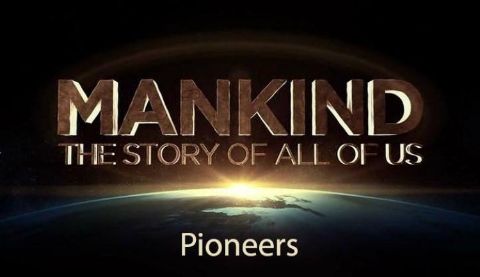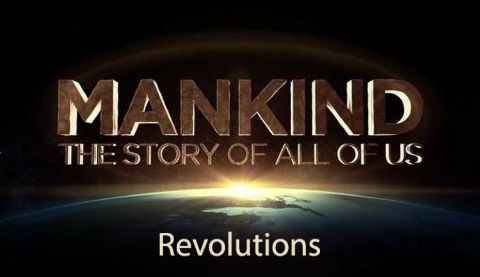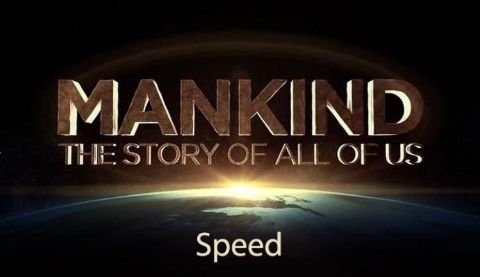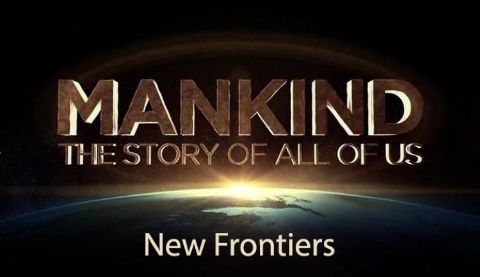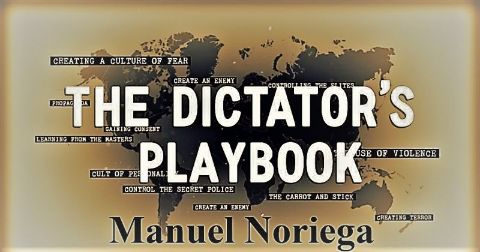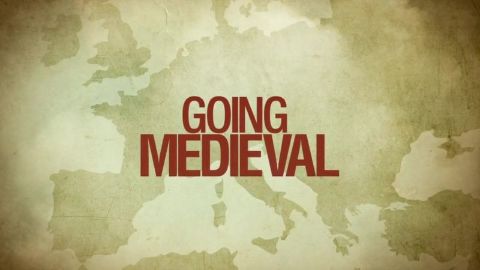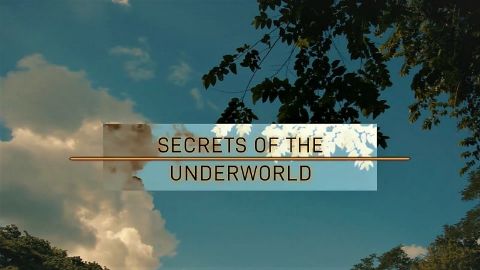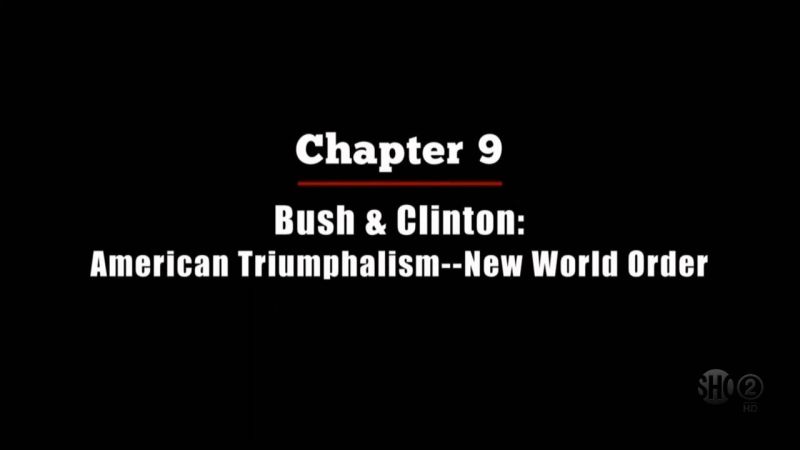Iron Men • 2012 • episode "2/12" • Mankind: The Story of All of Us
A mysterious band of pirates plunders the Mediterranean coast – leaving destruction in its wake. Empires fall, but out of the chaos, we discover iron. Armed with this wonder metal, ordinary folk can overthrow tyrants and build a new world order. From the birth of democracy in Athens, to the creation of the Bible in Babylon – people power reshapes Mankind.
Make a donation
Buy a brother a hot coffee? Or a cold beer?
Hope you're finding these documentaries fascinating and eye-opening. It's just me, working hard behind the scenes to bring you this enriching content.
Running and maintaining a website like this takes time and resources. That's why I'm reaching out to you. If you appreciate what I do and would like to support my efforts, would you consider "buying me a coffee"?
Donation addresses
BTC: bc1q8ldskxh4x9qnddhcrgcun8rtvddeldm2a07r2v
ETH: 0x5CCAAA1afc5c5D814129d99277dDb5A979672116
With your donation through , you can show your appreciation and help me keep this project going. Every contribution, no matter how small, makes a significant impact. It goes directly towards covering server costs.
